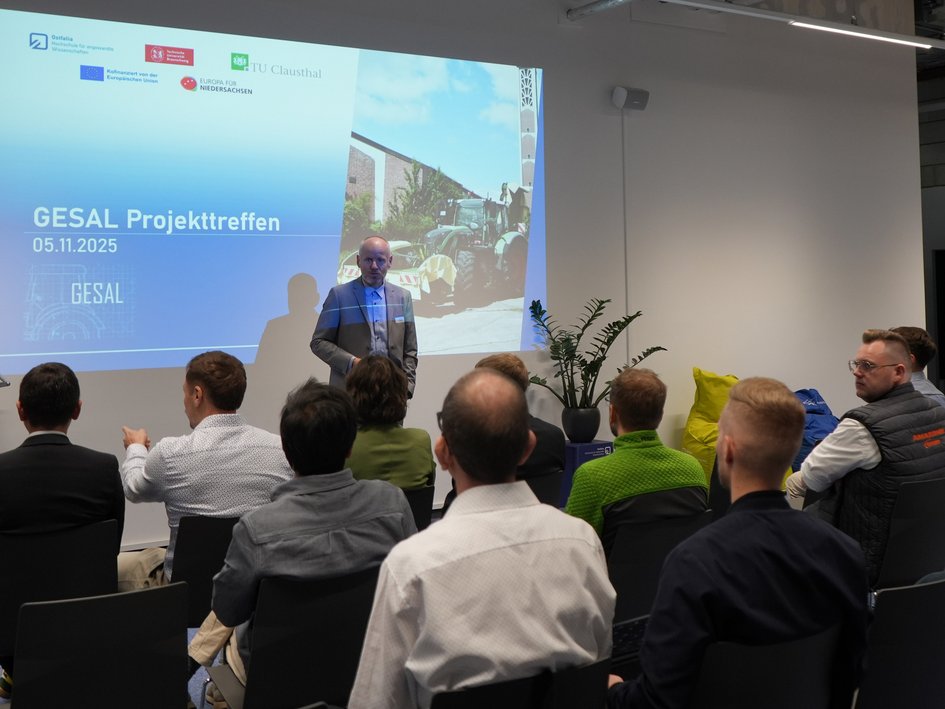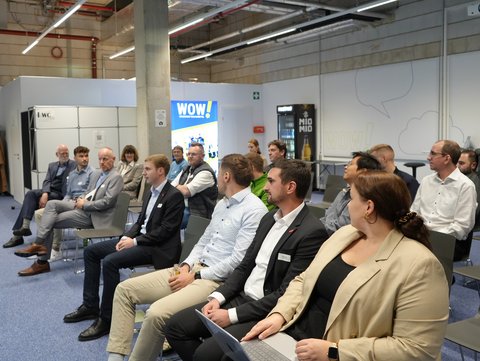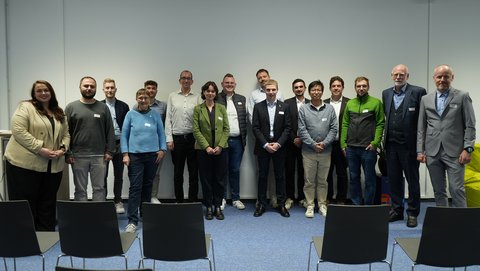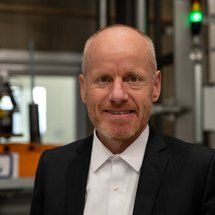Automation remains a trending topic not only in industry, but also in agriculture. Today, it is no longer puffing diesel horses and mechanical implements that chug across the fields, but high-tech tractors and machines, increasingly equipped with smart digital solutions. German agricultural machinery manufacturers alone have an annual turnover of almost 15 billion euros.
Ostfalia University coordinates the GESAL project
However, there are complex safety, technological and legal aspects to consider in the context of automated agricultural machinery, which the joint project GESAL (external link, opens in a new window) is dedicated to. Five partners from science and industry are working on a holistic development guideline for a safety and automation concept for agricultural machinery (GESAL). The interdisciplinary project is being coordinated by Ostfalia University of Applied Sciences and is being supported by the European Regional Development Fund (ERDF) with around 2.7 million euros until October 2027. The project manager is Prof Dr Harald Bachem from the Faculty of Automotive Engineering at the Ostfalia Campus Wolfsburg. "Automated agricultural machinery is at the centre of current innovation and transformation processes in agriculture. Unlike automated passenger cars, the focus here is not just on driving, but on complex agricultural work processes under sometimes difficult environmental conditions," explains Harald Bachem.
Fruitful dialogue between universities and industry in Wolfenbüttel
On 5 November, the participants - researchers from the Ostfalia, TU Braunschweig and TU Clausthal universities as well as representatives of the cooperation partners from industry - met at the Wissensort Wolfenbüttel (external link, opens in a new window) (WOW). At this second project meeting, the first item on the agenda was a report on completed and current areas of work. In two workshops, ideas from the participants were then collected on a digital whiteboard and put up for discussion. This resulted in a constructive exchange that further advanced the dialogue and collaboration between the project team's research and impulses from the cooperation partners from industry.
Agricultural machinery and the agricultural sector are rooted in the Braunschweig-Wolfsburg region
Wolfenbüttel as a centre of knowledge was not only a suitable meeting point for GESAL because of its close connection to Ostfalia University. The Branschweiger Land and the Vorharz region in particular have a special tradition as an agricultural region - grain, sugar beet, potatoes and asparagus thrive here. Some well-known agricultural machinery manufacturers were also based in the region, such as MIAG and Linke-Hofmann-Busch in Braunschweig. In Wolfenbüttel, the industry giant Agco-Fendt still produces round balers that are in demand worldwide - as the successor to the long-established company Gebrüder Welger.




